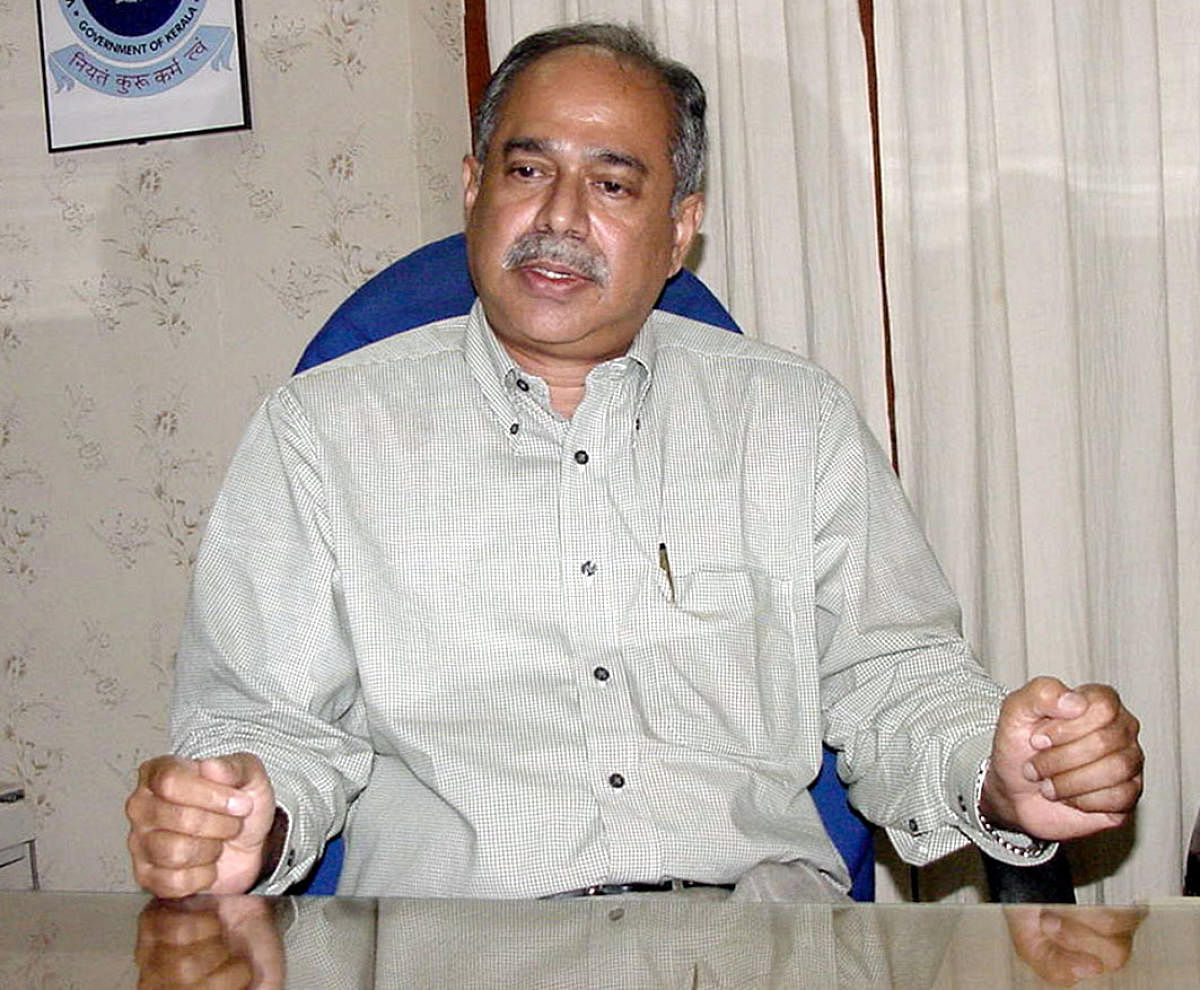
A young Malayali man who never dreamt of becoming a police officer, but was more interested in sports like cricket and even dreamt of playing for the country, not only ended up as a highly respected IPS officer, but the head of the intelligence agency R&AW.
Hormis Tharakan, a 1968-batch IPS officer, shares with DH’s Arjun Raghunath his story of how he entered the Civil Services and his concern about the present civil services selection process.
How did you come to join the IPS? Was that always your first choice?
I never thought that I would become a police officer. During my days in school and college, I was more interested in games, especially cricket. Like many cricket lovers, I too had a wild fantasy of playing for the country. If I had any desire to wear an uniform, that was the uniform of the band troupe of our church.
After schooling at my hometown Alappuzha, I completed pre-university course and BA economics at Loyola College and MA in economics at Madras Christian College.
While preparing for the Civil Services, I wanted to be into the Indian Foreign Service. But based on my rank, I got into the IPS. Though I made a second attempt, I could only make it to the IPS.
How did you come to join R&AW?
Obviously, ability and integrity are the yardsticks in the selection of officers to such key organisations. In my case, the Tsunami could be a reason, as I got the opportunity to closely interact with the then Prime Minister Manmohan Singh when he came down to Kerala following the Tsunami in 2004.
It could have helped the PM getting to know me. Also, the then National Security Advisor M K Narayanan knew me. Though I had only around six months of service left, I was given a two-year term. R&AW was going through some crisis and my former deputation with R&AW could have been also a reason for opting me.
Some highlights from your 35-year-long service?
I cannot share anything regarding my tenure with R&AW. Regarding my service in the police, no chief minister or home minister asked me to do anything unlawful during my career. My entire career was really interesting and it also gave me the opportunity to work closely with many highly respected political leaders.
If you have a stand, people will not ask you to do anything wrong.
What did your average day in the civil services look like?
There was no boredom at all. That was the most interesting part of being in the IPS. Every day new matters keep coming up and always keep you engaged. The other side is that IPS officers are quite engaged 24X7 and their families often miss them. So the support of the family is a key factor in an IPS officer’s career.
Are there any changes required in the selection process?
I feel judging candidates based on a 30 to 45 minute interview is improper. Instead, more weightage should be given to the year-long training in the academy, as faculty members are able to identify the real potential of candidates. Even in my case, though I was in the 42nd position among those selected to IPS from my batch, after the training, I was in the seventh position.
I have also had an opportunity to be on the interview board. Though many interviewers have the skills to judge the potential of individuals swiftly, I felt the candidates’ performances were judged mostly on the basis of the interests and choices of the interviewer.
What is the biggest misconception about the IPS / intelligence service? Is it very different from its portrayal in the movies?
Intelligence work is not very glamorous. It is quite unromantic, but is very crucial. Intelligence jobs mainly involve sitting in a room scanning documents and trying to connect the missing dots.
And I must say that the presentation of police or intelligence officers in movies is exaggerated. But in recent years, some films tell you the real life and challenges of police officers. The Malayalam film Action Hero Biju, that depicts the real life of a police officer of a busy police station, is a classic example.
Any advice for young aspirants or working professionals?
You must try for a police job only if you have the desire to serve the people. Being a police officer is a great opportunity to help others by properly enforcing the law. Policing is not the job to show muscle power. It is an opportunity to serve the people.
Another piece of advice to those preparing for competitive examinations — communication skills need to be given utmost importance. In civil service interviews, many candidates who have good knowledge fail to communicate their views due to their poor command over language, mainly English. So along with enhancing knowledge, communication skills too need to be sharpened.
(Path to Civils is a fortnightly series featuring interviews with exemplary officers from the civil services who share their perspectives about preparing for the exams and working in government service)